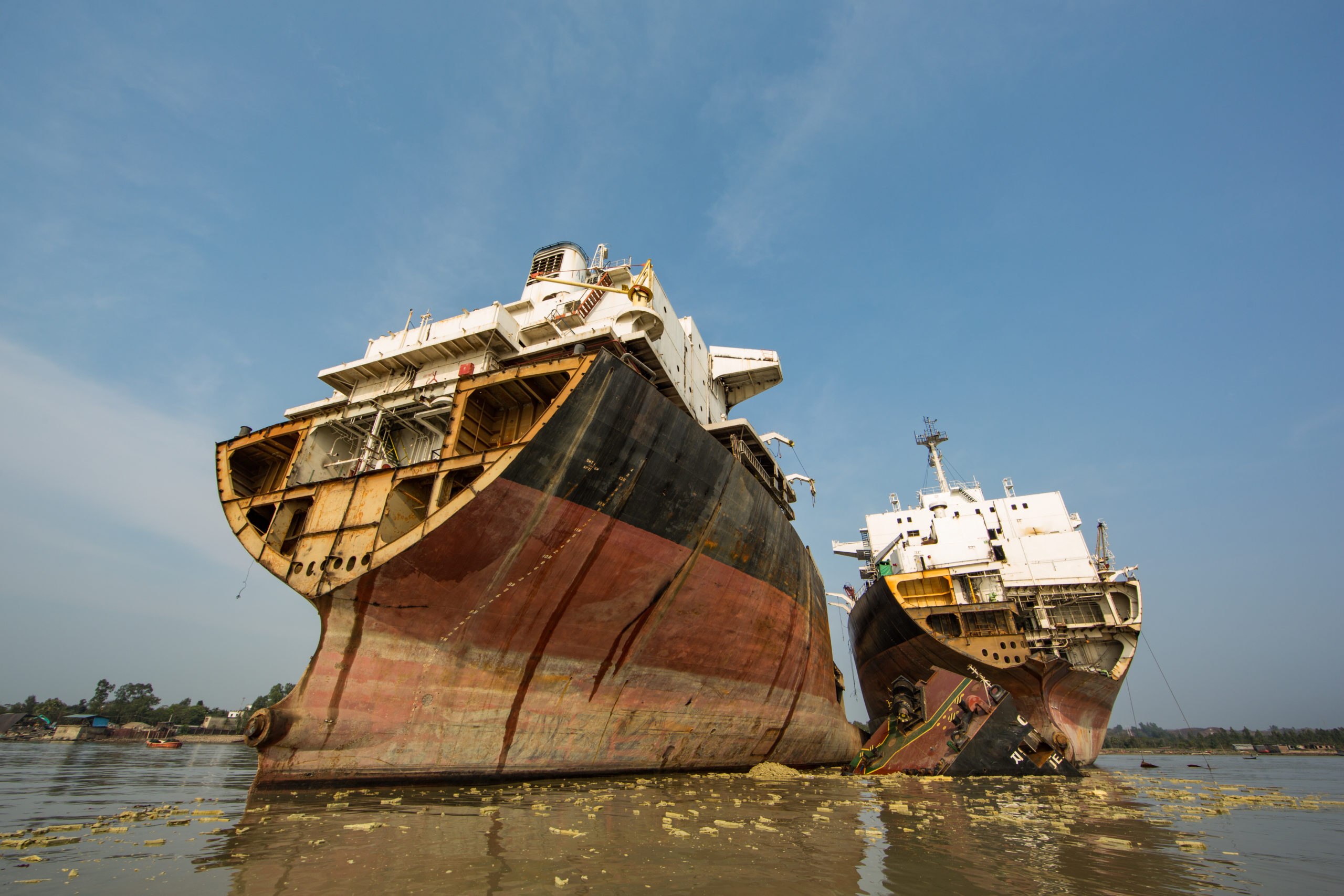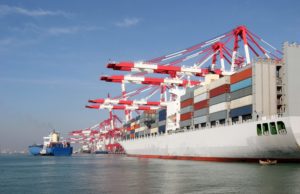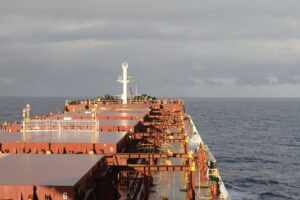The ship recycling yards in Aliağa have been exempted from having to conduct Environmental Impact Assessments, and the environmental licensing and permitting process for the ship recycling sector has been put on hold since 2016, awaiting a separate instrument outlining specific procedures for ship recycling, concludes NGO Shipbreaking Platform in its latest report about ship recycling in Turkey.
Turkey possesses significant opportunities to achieve sustainable ship recycling and steel production given its strategic location and industrial capabilities. However, the sector needs stronger regulation and enforcement, incentives, and vision to fulfil this potential, NGO suggests.
Whilst two yards in Aliağa were removed from the EU list of approved ship recycling facilities last year, other non-compliant yards have been allowed to remain listed.
Deficiencies, often identified as having persisted over longer periods of time, have been detected by EU inspections at several yards in Aliağa that have applied to be on the EU List of approved ship recycling facilities.
Some facilities were found to have improved their practices upon recommendations from the EU evaluators.
However, in other yards, no substantial measures have seemingly been taken to address the lack of compliance with the EU Ship Recycling Regulation, yet they remain listed as approved under the EU Ship Recycling Regulation.
In accordance with NGO, Turkey stands at a crossroads as the recent announcement of plot sales in October 2023 and the upcoming expiration of public land leases in 2026 create an opening to bring needed change to its ship recycling industry.
Some of the key operational priorities highlighted in the report include putting in place effective drainage channels, and the use of oil-water separators for waste water treatment.
Additionally, there is a need for third-party verification of hazardous materials during dismantling, proper operations for hazardous waste removal, and the establishment of standards for secure pulling and lifting equipment, along with introduction of proper gas-free operations and cold-cutting techniques.
Ekin Sakin, Policy Officer of NGO Shipbreaking Platform, said: “The Ministries of Environment, Labour and Transport should seize this opportunity to facilitate the transition of the ship recycling sector towards sustainable practices.”
“To ensure the resilience of industry in Turkey, it is crucial that existing regulatory gaps are addressed through the implementation of forward-thinking and comprehensive legislation, and that investments and incentives to introduce safer and cleaner technologies, including cold cutting and dry docks, are mobilised.”



